How China Sees Russia
Beijing and Moscow are close, but not allies. Scholars and journalists in the West find themselves debating the nature of the Chinese-Russian partnership and wondering whether it will evolve into an alliance.
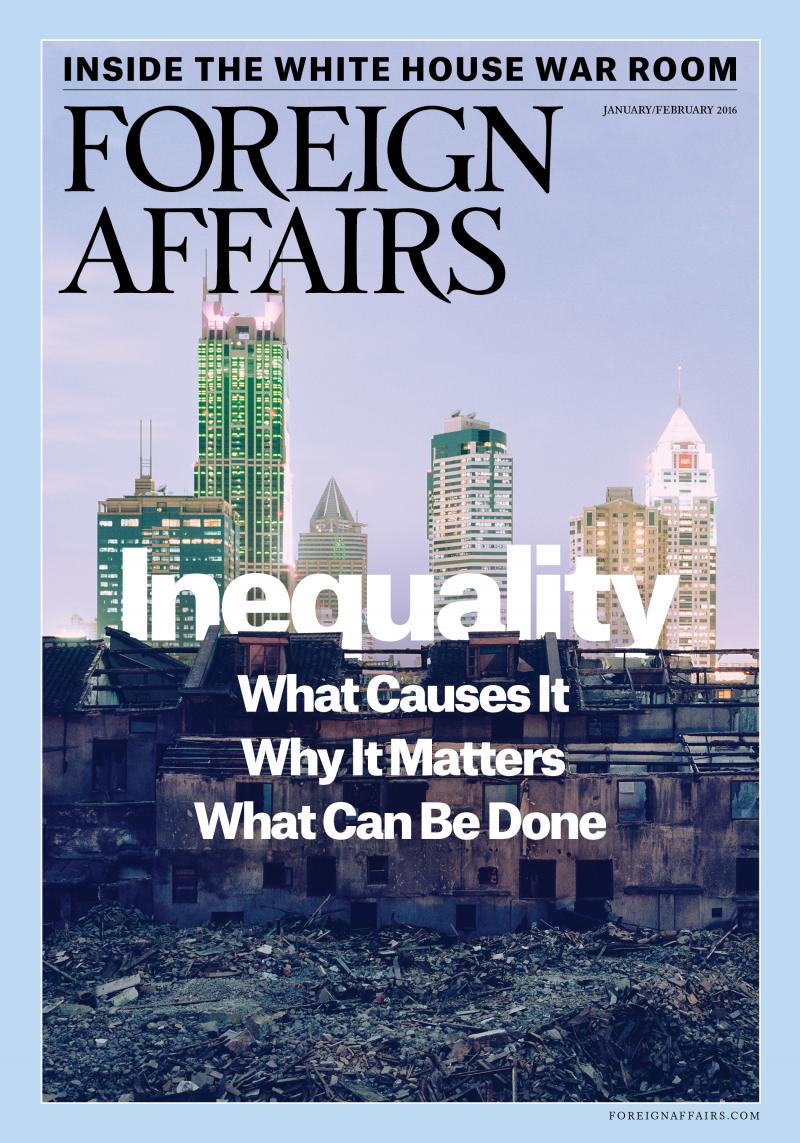 Courtesy: Foreign Affairs
Courtesy: Foreign Affairs
Beijing and Moscow are close, but not allies. Scholars and journalists in the West find themselves debating the nature of the Chinese-Russian partnership and wondering whether it will evolve into an alliance.
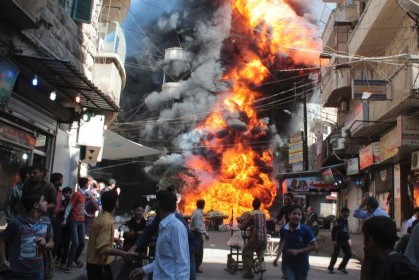 Courtesy: Youtube
Courtesy: Youtube
The world has witnessed a number of upheavals in the past few years, precipitating widespread global political turbulence stemming from geo-economic instability. Over the next couple of months, Gateway House experts will attempt to deconstruct these events and how India and its foreign policy can work to take advantage of these trends.
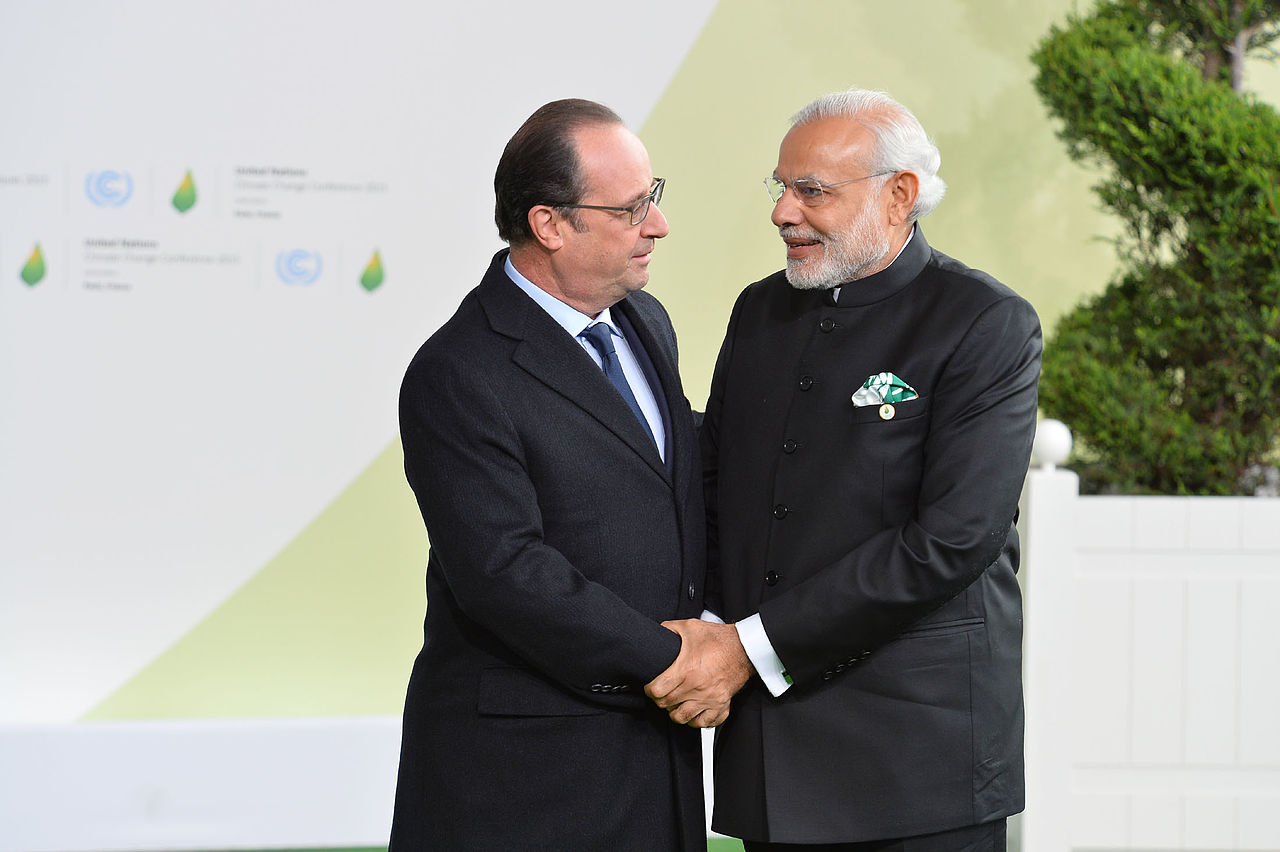 Courtesy: Wikimedia
Courtesy: Wikimedia
French President Hollande was the chief guest at the Republic Day parade on 26 January 2016. India-France relations, post President Hollande’s visit, are promising, and will have a positive impact on Prime Minister Modi’s scheduled visit to Brussels later this year including India's trade with the EU. Informed citizenry should appreciate the huge stakes involved.
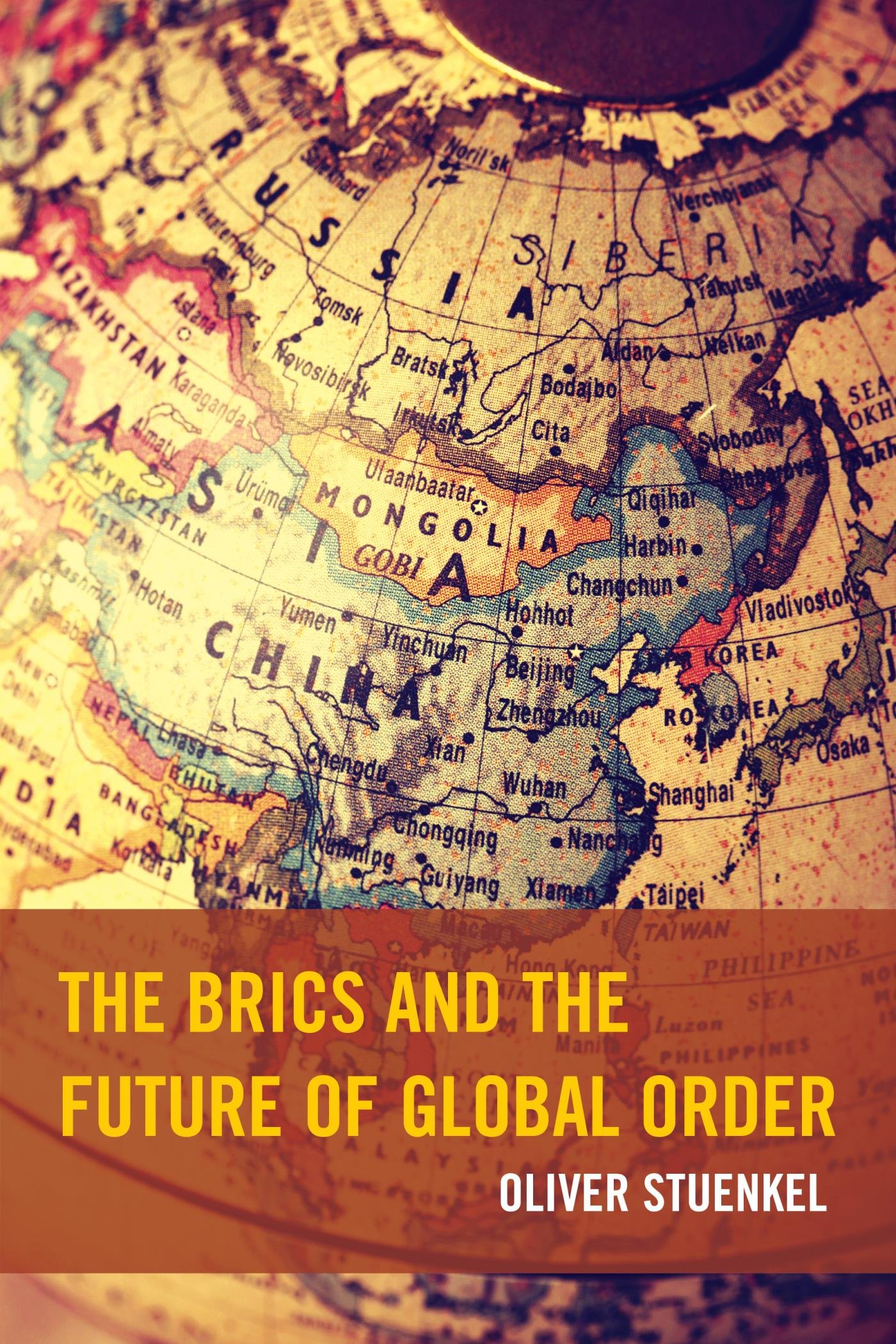 Courtesy: Lexington Books
Courtesy: Lexington Books
Oliver Stuenkel's book provides a well-researched account of the evolution of BRICS – starting from the forum’s inception in 2009 to the present – and the interactions between Brazil, Russia, India, China and South Africa on global issues.
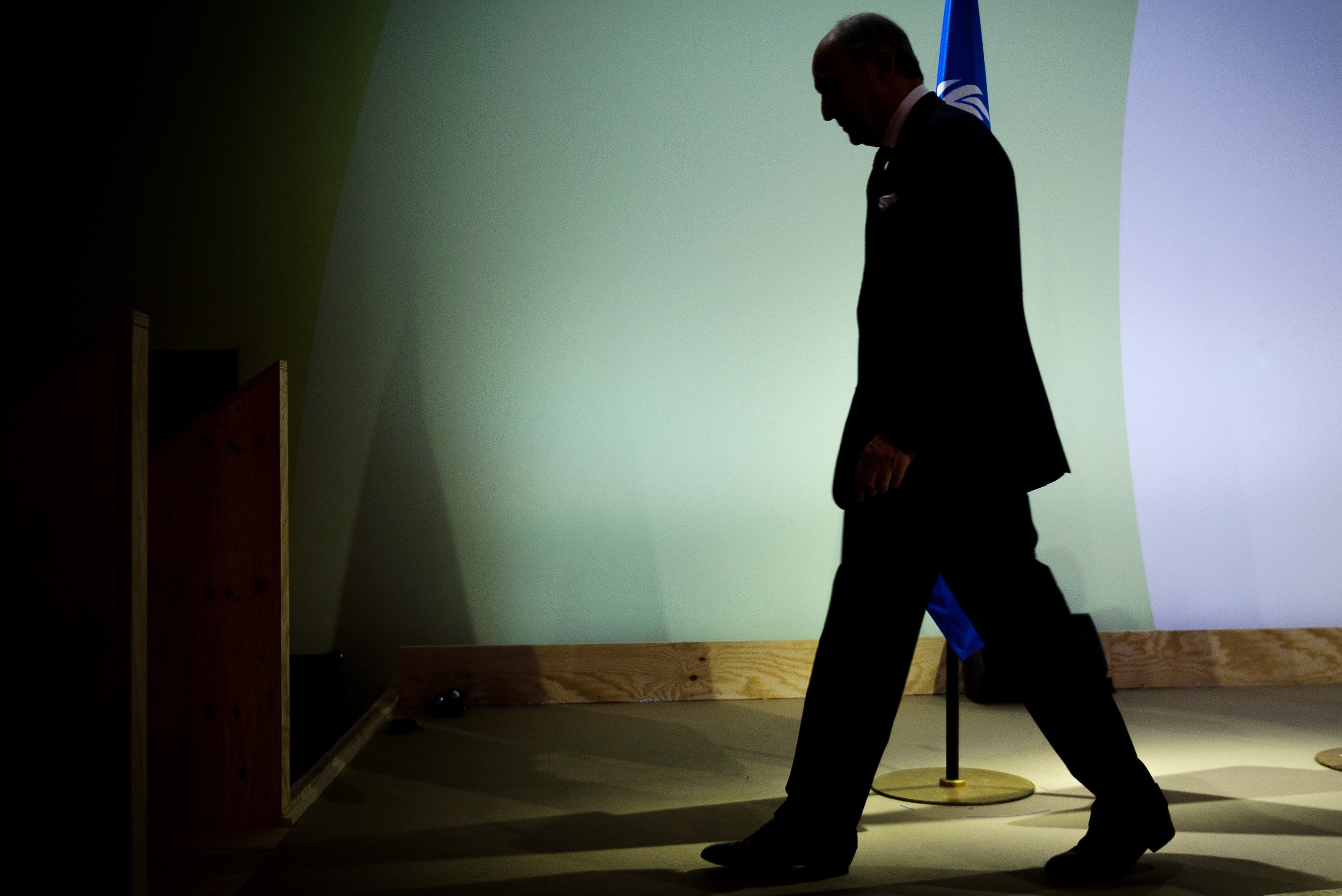 Courtesy: COP Paris / Flickr
Courtesy: COP Paris / Flickr
COP21 is a reality check for those who like to believe that geopolitical power is shifting from West to East. The just-concluded Paris Climate Summit was essentially about the early-to-develop Western powers continuing to exercise almost complete control over global governance structures, largely through the dominance of markets.
 Courtesy: epSos .de/Flickr
Courtesy: epSos .de/Flickr
If COP 21 Summit in Paris is to play a decisive role in warding off climate havoc, it must strengthen efforts to resolve the greatest market failure in history. Efforts to reconfigure market culture are part of a larger civilizational process of treating profit as the means not the goal of business.
 Courtesy: Dawn Endico
Courtesy: Dawn Endico
Today ISIS is the gravest international security threat. To defeat ISIS, the world should pay heed to India’s experience of the need to isolate state sponsors of terrorism. Ultimately, only when Saudi Arabia acknowledges the danger to its own survival from past policies of alleged support to extremist groups, can it be a reliable partner in the fight against ISIS.
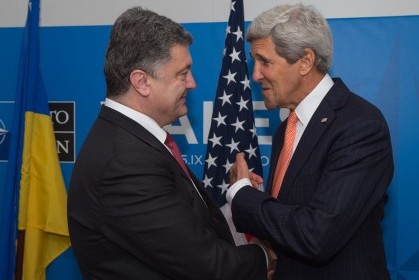 Courtesy: Wikipedia
Courtesy: Wikipedia
The IMF will soon consider an important change to its policy on lending that may help continue its bailout programme to Ukraine, even if Ukraine defaults on a loan from Russia that matures in December 2015. If it does make the change, the IMF could be staking its credibility to favour the West’s political agenda
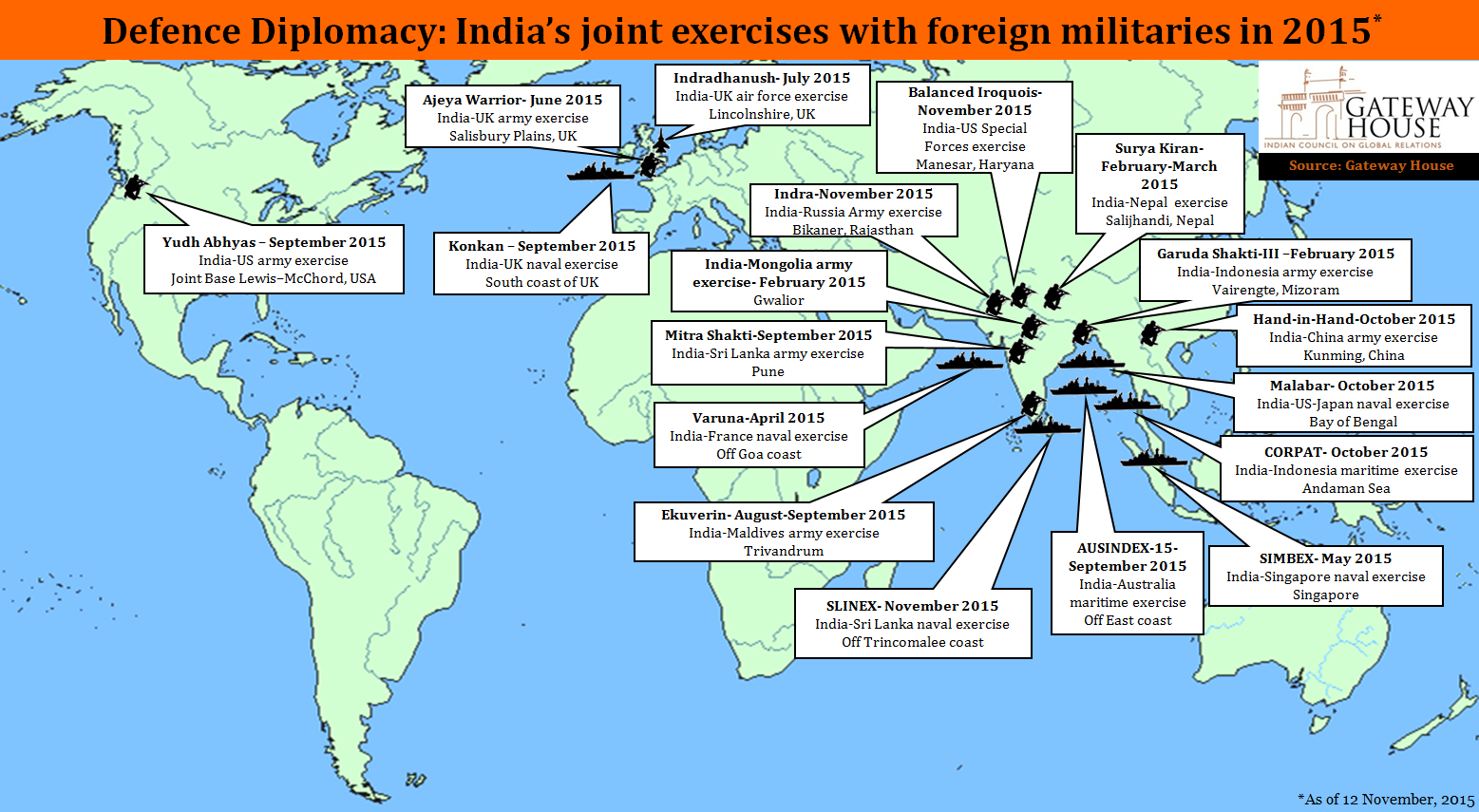 Courtesy:
Courtesy:
This year, India's defence diplomacy has ramped up. In 2015 alone there have been 18 military exercises- naval, army and air force- with 13 countries, among the largest engagements the country has had. Most significant is Japan joining the Malabar exercises in the Bay of Bengal and the first-ever maritime exercise with Australia. This is increasing India's presence from the Arabian Sea to the Bay of Bengal. As these exercises intensify India will be better positioned to handle regional security challenges.
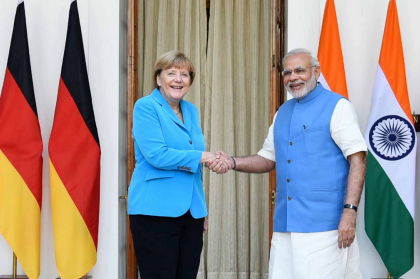 Courtesy: MEA / Flickr
Courtesy: MEA / Flickr
German Chancellor Merkel’s recent visit to India with a high-powered entourage showed the weight attached to this bilateral relationship. German companies want to gain more access to the Indian market and be part of Prime Minister Modi’s high-tech initiatives—and it is up to India to surmount political hurdles and tap into this potential.